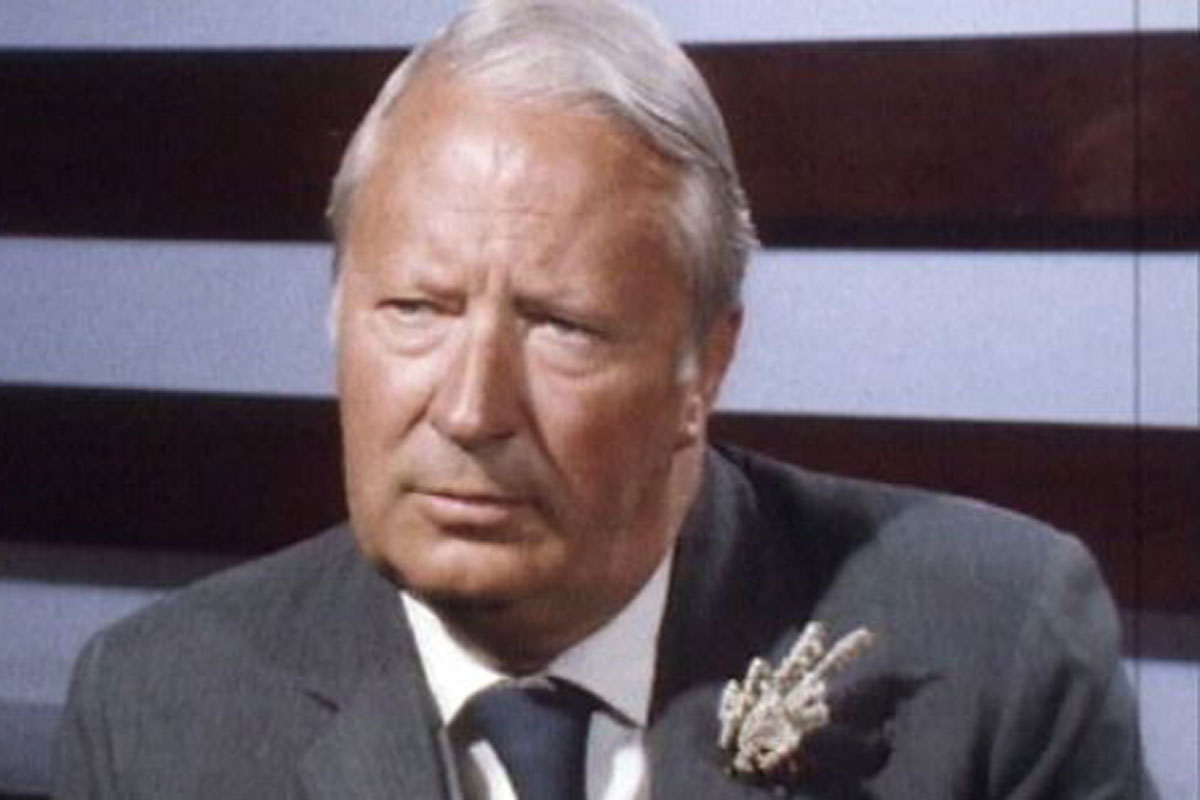John Kelly is angry. His brother Michael was killed on Bloody Sunday in Derry and he’s now heard that a commemorative stone is to be erected in Westminster Abbey to the late Ted Heath, prime minister at the time. Kelly says “I personally hold Ted Heath – the political master of the British armed forces in 1972 – among those ultimately responsible for the murder of my brother on Bloody Sunday. To memorialize him in any way is both sickening and contemptible”.
You can understand Kelly’s outrage. Think of a family member of your own. Now think of someone deliberately shooting them dead, and then imagine the person ultimately responsible for the killing being honoured as a national hero. You’d be angry too.
But that’s what Westminster Abbey does – it puts up statues and memorials to those it considers great in British terms. You won’t find Oliver Cromwell there – they originally buried him in the Abbey, but when the monarchy was restored they dug him up, hung his remains from a nearby gibbet and left it there until the head fell off. So no Cromwell but lots of others, many of them responsible for massive suffering in Ireland. Kings and queens like Elizabeth I and William III. Military commanders like Lord Nelson. Prime ministers like Winston Churchill. So really, a commemorative stone to Heath would fit right in.
The two key words in John Kelly’s statement that no British government wants to hear is “ultimately responsible”. When the good people of Derry were doing handstands in the Guildhall Square the day David Cameron apologised for Bloody Sunday, the British prime minister acknowledged that “ultimate responsibility” for the events of that day lay with the government; but he hurried on to point out that he was in short trousers at the time and that anyway there was no premeditation or plan about what happened. The note he struck was one of regret – a pity, really, all that suffering, but look, we’re sorry it happened and we would wish some things had been otherwise.
If that sounds familiar, it’s probably because you tuned in to the speech delivered by Queen Elizabeth II in Dublin last year: “To all those who have suffered as a consequence of our troubled past I extend my sincere thoughts and deep sympathy. With the benefit of historical hindsight we can all see things which we would wish had been done differently or not at all.”
When he was alive, Ted Heath submitted written evidence to the Saville Inquiry. In it he denied government involvement in Bloody Sunday: “The tragic deaths outraged the Catholic community, increased support for the IRA and destroyed the prospect of a political initiative. It is therefore absurd to suggest that Her Majesty’s Government intended or was prepared to risk the events which occurred”. What’s more, he hadn’t leaned on Widgery to produce his famous whitewash report a short time after that terrible day. Nice one, Ted - superficially impressive but, given a moment’s thought, cock-eyed claptrap. Of course the British government, via its armed forces, wouldn’t want to increase support for the IRA. But it did. By its actions, time and again through history - think about the aftermath of 1916 - it did so. What Heath doesn’t mention is that Bloody Sunday might well have occurred with the sanction of a British government – his government - who were hoping for a different outcome. Who codded themselves that, faced with the fire-power of the Parachute Regiment, the IRA and the Irish people would back off and lie low. That’s at least as reasonable a conclusion to draw as the one drawn by Heath.
But if John Kelly thinks any of that will make a difference, he’s sadly mistaken. The British government, the British monarchy has done its bit. It’s apologised, it’s stood in the Garden of Remembrance with bowed head. What more could any Irish person want - justice? You cannot be serious.
Blog: www.judecollins.com
Website: www.judecollins.net




